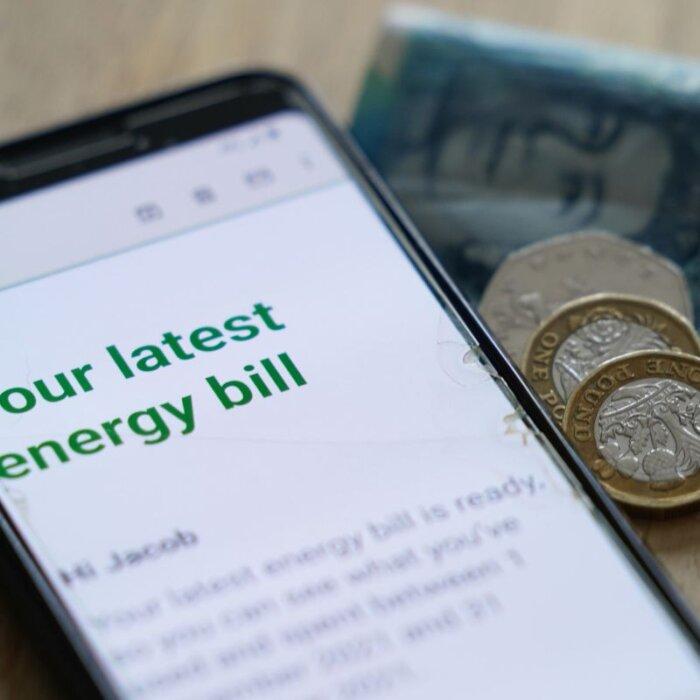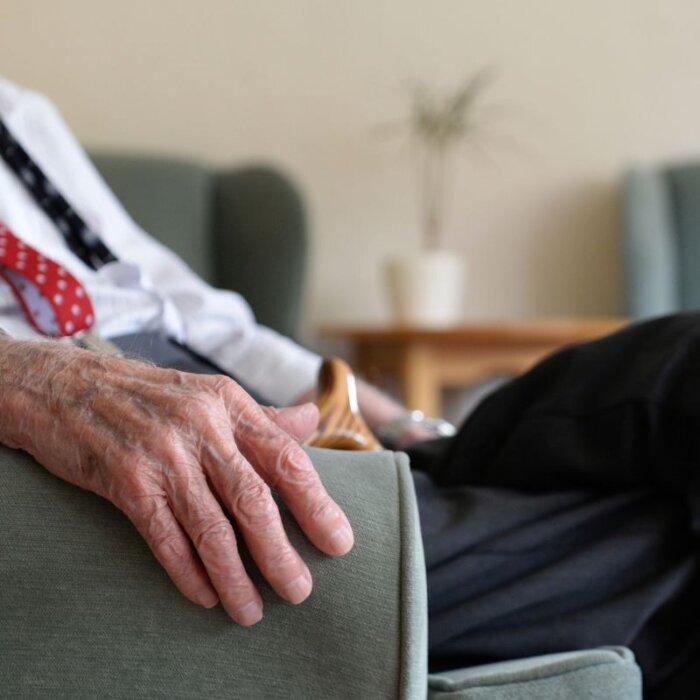Around 1.6 million pensioners living below the poverty line and who do not receive Pension Credit are set to lose out as a result of the government’s decision to means test the Winter Fuel Payments, according to a report by the former pensions minister.
Sir Steve Webb, who is now partner at pension consultancy firm Lane Clark & Peacock (LCP), analysed Department for Work and Pensions (DWP) data on low-income pensioner households and found that in 2022/2023, there were 1.9 million people over the age of state pension living below what is commonly regarded as the poverty line, of which only 300,000 were estimated to be receiving Pension Credit.
The new Labour government announced that it would be restricting the winter fuel allowance only to those receiving Pension Credit or other benefits, and this would mean around five in six retirees living below the poverty line will miss out on help paying their winter fuel bills.
Pensioners Losing Out
Webb said, “There is a range of ways in which the Government could target spending on Winter Fuel Payments, but our analysis shows that limiting payments only to those on pension credit will leave the vast majority of pensioners below the poverty line losing out.”The former pensions minister instead advised payments being targeted to those in lower-value properties, “which would protect most poorer pensioners but would dramatically reduce the savings for the Chancellor.”
“It is ultimately a matter for politicians to decide on the balance between raising revenue and protecting the vulnerable, but it is clear that continuing payments only to those on pension credit will mean large numbers of already low-income pensioners losing out,” he added.
Shouts of ‘Shame!’
The analysis comes after Ofgem announced that it would be increasing the energy price cap from October, meaning the average fuel bill will rise by £149 a year.Changing the way in which the winter fuel allowance—worth up to £300 this year—is accessed will bring down the numbers of those claiming it from 11.4 million pensioners to an estimated 1.5 million, saving the Treasury around £1.4 billion annually. The government said the changes are needed to help fill a £22 billion hole in the public finances.
One Wednesday, Prime Minister Sir Keir Starmer was heckled and faced shouts of “shame!” in the Commons as he justified the cut.
Addressing Starmer, Rishi Sunak defended his tenure as prime minister, saying that during the Conservative government low-income pensioners were receiving the winter fuel allowance and cost of living support, “both of which he [Starmer] has now scrapped.”
“Age UK have said cutting the winter fuel allowance is the wrong policy and, only this morning, we have learned that the vast majority of the poorest pensioners, pensioners in poverty, are going to see that vital support removed,” Sunak said.
Starmer replied, “No prime minister wants to do what we have to do in relation to the winter fuel allowance, but we have to take the tough decision to stabilise our economy, to ensure that we can grow it for the future.”
In response to Webb’s findings, a government spokesperson said: “We are absolutely committed to supporting pensioners and giving them the dignity and security they deserve in retirement. That’s why, through our commitment to protect the triple lock, over 12 million pensioners could see their state pension increase by almost a thousand pounds over the next five years.”
“But given the dire state of the public finances we have inherited, it’s right that we target support to those who need it most while we take the difficult decisions needed to fix the foundations of our economy. Over a million pensioners will continue to receive the winter fuel payment and eligible pensioners will also be able to benefit from the £150 warm home discount scheme from October to help with their energy bills over winter,” the spokesman added.
The government said it was urging pensioners to check their eligibility for pension credit.
The House of Commons is due to vote on the government’s plans to means test Winter Fuel Payments next week.







